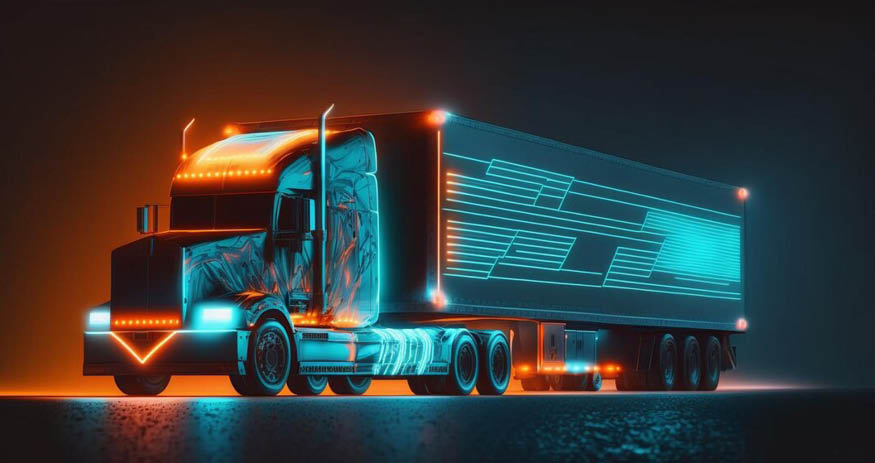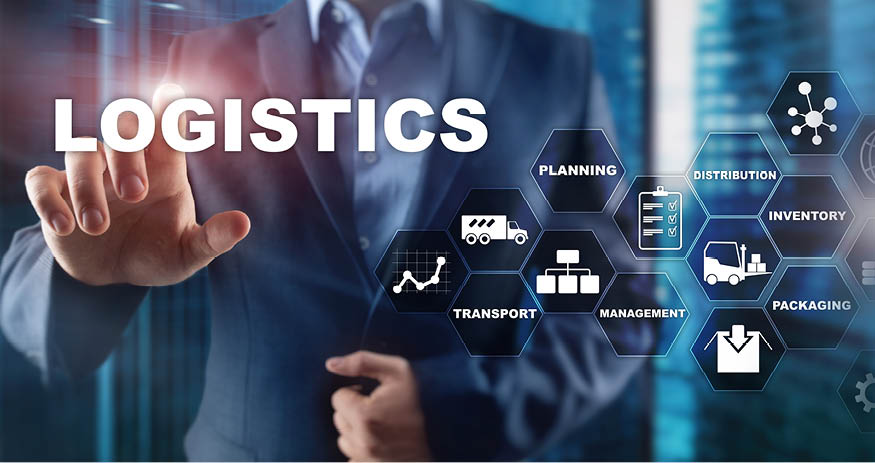
How AI is Being Used in the Trucking Industry
It's no secret that AI is changing the game in countless industries. From healthcare to finance, AI has proven to be a game-changer in terms of efficiency and innovation.
But what about the trucking industry? Believe it or not, AI is having a major impact on this industry as well. In this article, we'll explore how AI is being used in the trucking industry, and how it's changing the game for the better.
The Benefits of AI in the Trucking Industry
AI has the potential to revolutionize the trucking industry in numerous ways. Some of the most significant benefits include:
✅ Increased Efficiency
One of the most significant advantages of AI in the trucking industry is increased efficiency. AI-powered systems can optimize routes, track vehicles, and manage inventory, all of which can lead to significant cost savings for trucking companies.
✅ Improved Safety
Safety is a top priority in the trucking industry, and AI can help to improve it. AI-powered systems can monitor drivers' behavior and identify potential safety hazards, allowing companies to take proactive measures to prevent accidents before they happen.
✅ Enhanced Customer Service
AI-powered systems can also improve customer service in the trucking industry. For example, chatbots can help customers track their shipments and provide real-time updates, which can increase customer satisfaction and loyalty. But at the end of the day, customers still want to feel like they're being heard and understood by a real person. That's why it's important to strike a balance between the efficiency of AI and the empathy of human interaction.
✅ Reduced Environmental Impact
The trucking industry has a significant environmental impact, but AI can help to reduce it. AI-powered systems can optimize routes to reduce fuel consumption, and can even help companies transition to electric or hybrid vehicles.

How AI is Being Used in the Trucking Industry
AI is already being used in numerous ways in the trucking industry. Some of the most significant applications include:
▪️ Predictive Maintenance - AI-powered systems can analyze data from trucks' sensors to predict when maintenance is needed, allowing companies to take proactive measures to prevent breakdowns and reduce downtime.
▪️ Autonomous Driving - Autonomous trucks are still in development, but AI is a critical component of the technology. Self-driving trucks rely on AI to make decisions and navigate the road, and they have the potential to revolutionize the industry by reducing labor costs and improving efficiency.
▪️ Route Optimization - AI-powered systems can optimize routes based on numerous factors, such as traffic, weather, and vehicle capacity. This can lead to significant cost savings for trucking companies by reducing fuel consumption and improving delivery times.
▪️ Inventory Management - AI-powered systems can track inventory in real-time, allowing companies to optimize their supply chain and reduce waste. This can lead to significant cost savings for companies and can also reduce their environmental impact by minimizing waste.
FAQs:
Q: Will AI replace human drivers in the trucking industry? 🤔
A: While autonomous trucks have the potential to reduce the need for human drivers, it's unlikely that they will completely replace them. Human drivers will still be needed for tasks such as loading and unloading cargo, as well as for managing autonomous trucks.
Q: Is AI expensive to implement in the trucking industry? 🤔
A: While there are costs associated with implementing AI in the trucking industry, the potential cost savings can more than justify the investment. Companies that invest in AI can expect to see significant improvements in efficiency, safety, and customer service, which can lead to increased profits and competitive advantage.
Conclusion:
AI is having a significant impact on the trucking industry, and its potential benefits are numerous, but there's also a human side to the story. At its core, the trucking industry is all about people. Whether it's the drivers who spend long hours on the road or the customers who rely on timely deliveries, there's a human element to every aspect of the industry. And while AI is undoubtedly changing the game, it's important not to lose sight of this human aspect.


